
Find Help
More Items From Ergsy search
-

What types of nursing degrees can I pursue?
Relevance: 100%
-
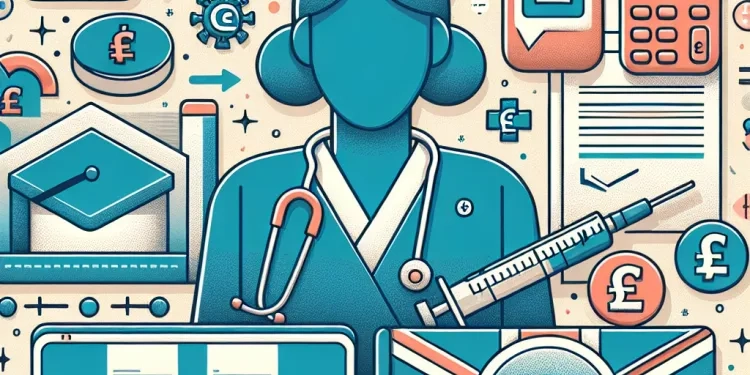
What is the process for applying to a nursing degree course?
Relevance: 95%
-

Can I become a nurse in the NHS with a nursing diploma?
Relevance: 72%
-

How can I become an NHS Nurse in the UK?
Relevance: 69%
-

What are the basic educational requirements to become an NHS nurse?
Relevance: 68%
-

How long does it take to become an NHS nurse?
Relevance: 68%
-

What GCSEs or A-Levels do I need to become a nurse?
Relevance: 63%
-
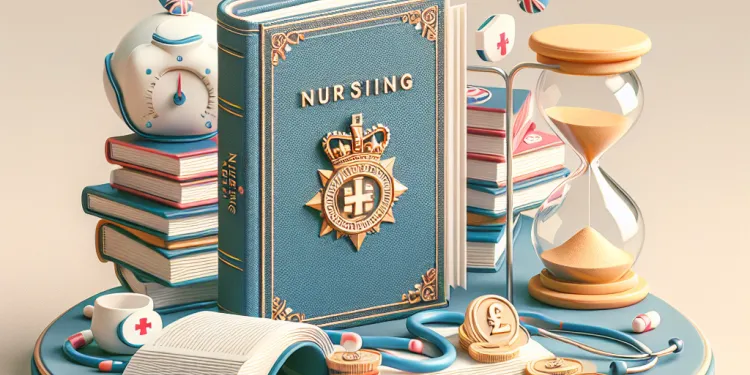
Is it possible to study nursing part-time?
Relevance: 59%
-

What funding options are available for nursing students in the UK?
Relevance: 58%
-
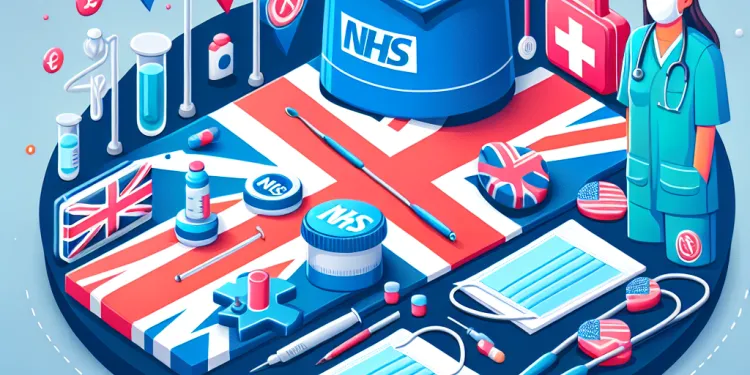
Are there any apprenticeship routes to becoming an NHS nurse?
Relevance: 58%
-

What are the career progression opportunities for NHS nurses?
Relevance: 53%
-

Is there a minimum age requirement to start nurse training?
Relevance: 53%
-
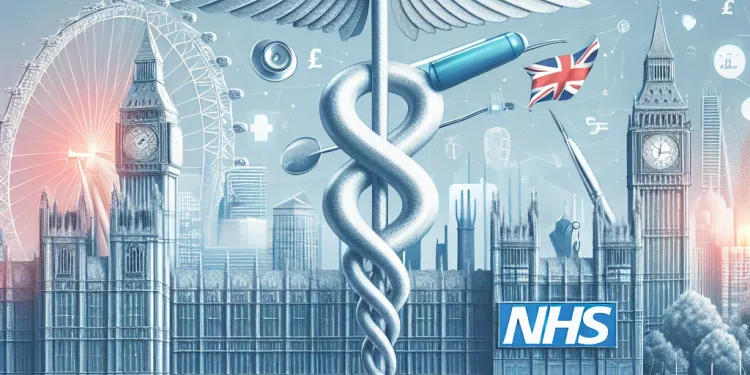
Can I become an NHS nurse if I have international nursing qualifications?
Relevance: 49%
-

Do I need to be registered with the Nursing and Midwifery Council (NMC) to work as an NHS nurse?
Relevance: 48%
-
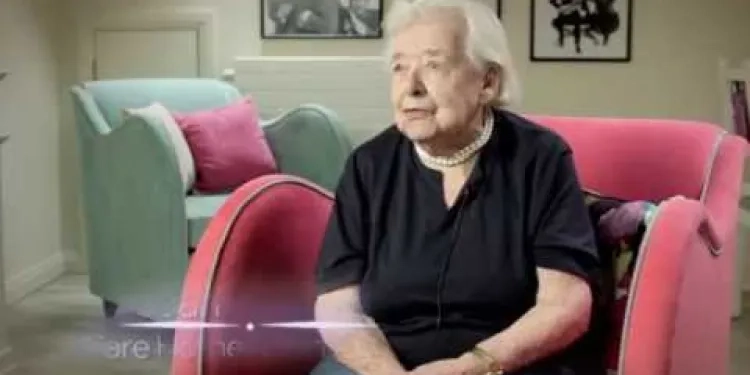
The role of residential and nursing homes
Relevance: 47%
-
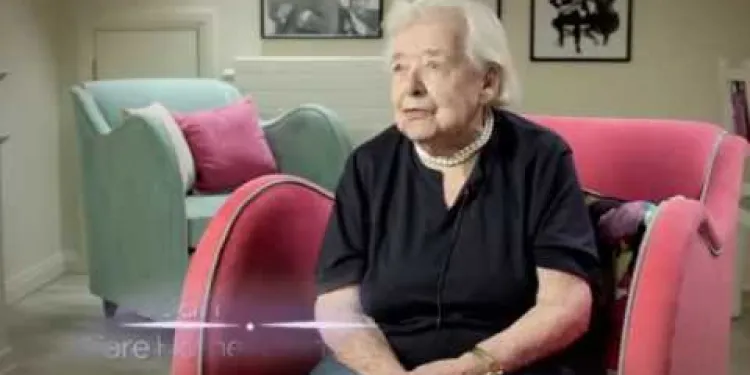
The role of residential & nursing homes
Relevance: 46%
-
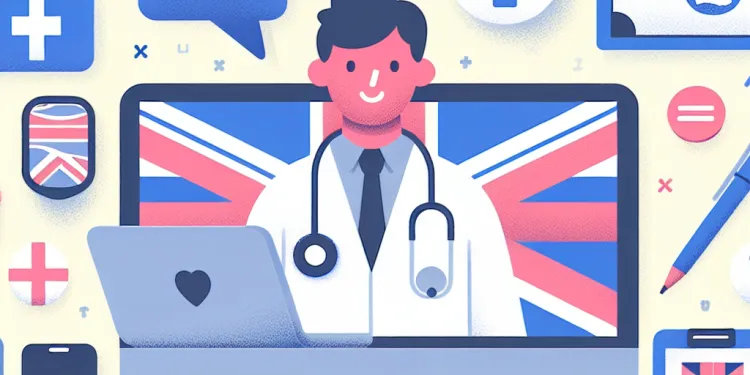
What support systems are available to NHS nurses for continuing professional development?
Relevance: 46%
-

What skills are important for a career in nursing?
Relevance: 46%
-

How do I choose a good nursing home?
Relevance: 43%
-
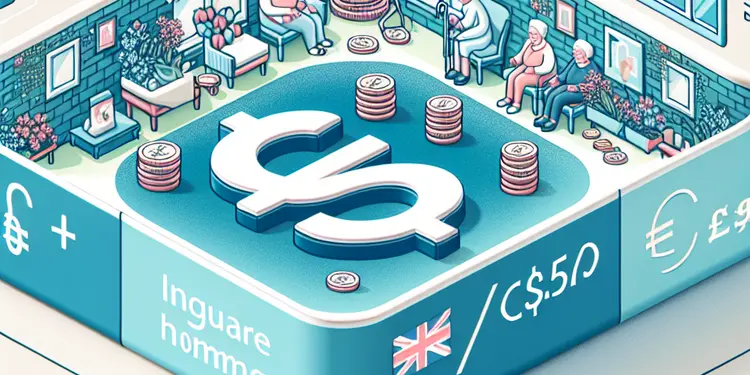
How are care homes different from nursing homes?
Relevance: 43%
-

How important is work experience for entering a nursing program?
Relevance: 42%
-
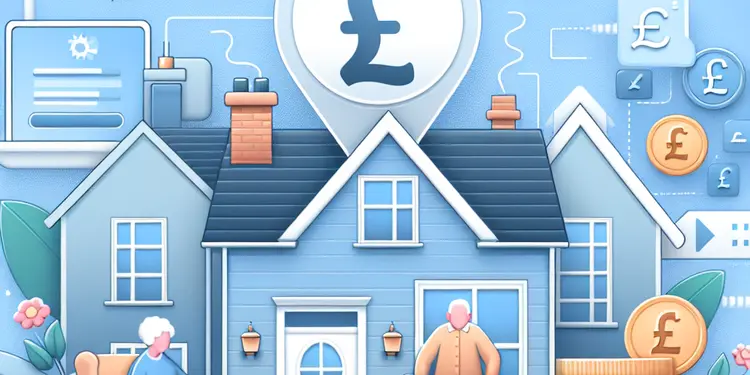
Is live-in care an alternative to nursing homes?
Relevance: 40%
-
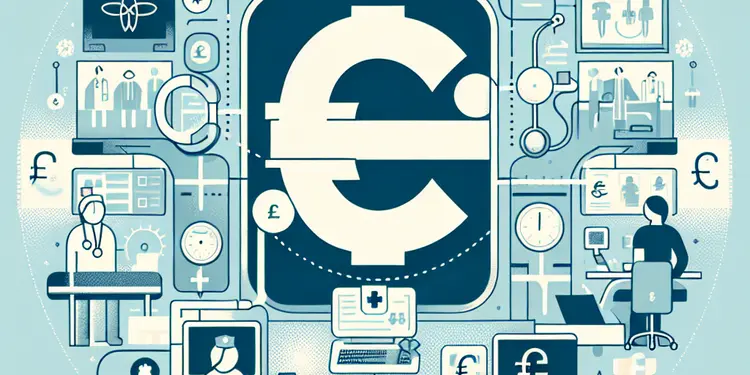
Will I still have access to doctors and nurses on a virtual ward?
Relevance: 38%
-
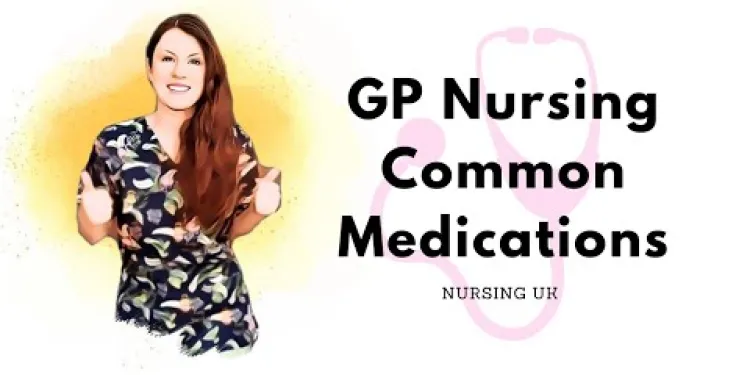
GP Nursing Most Common Medications UK.
Relevance: 35%
-
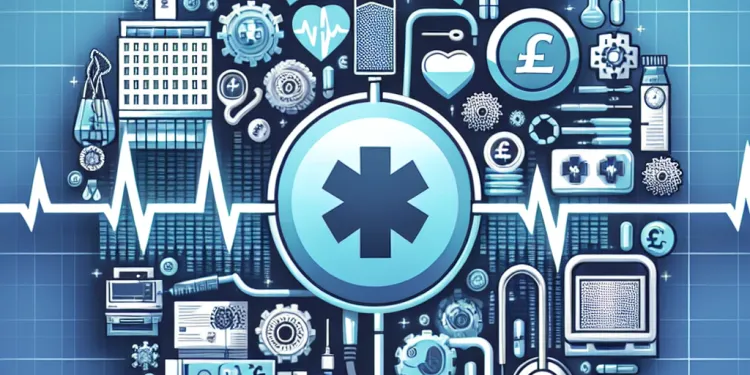
Can I specialize in a certain area of nursing with the NHS?
Relevance: 32%
-

How physically demanding is a career in NHS nursing?
Relevance: 31%
-
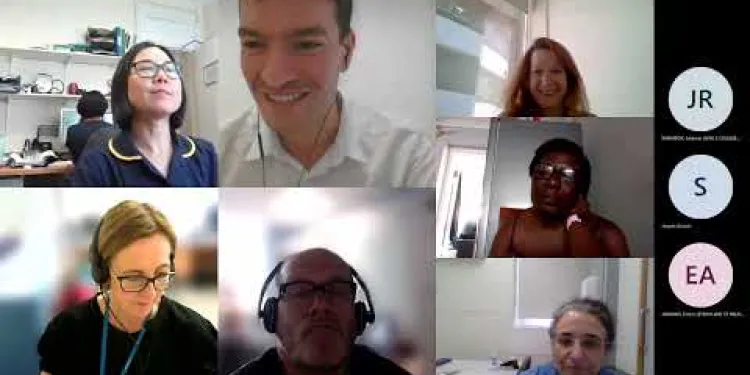
South London Arrhythmia Nurses Forum (16 June 2022)
Relevance: 28%
-

Can I attend open days to learn more about nursing programs in the UK?
Relevance: 27%
-
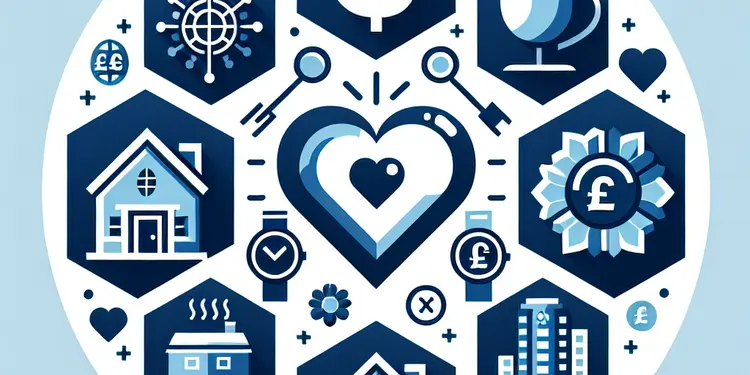
Are there different types of care homes?
Relevance: 26%
-
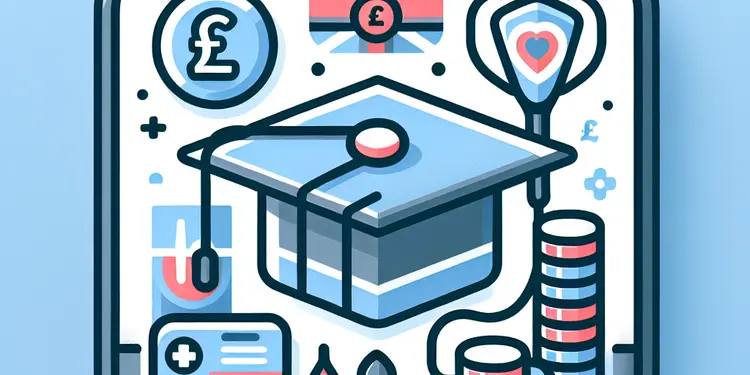
What qualifications do care home staff have?
Relevance: 24%
-

What qualifications does a chiropractor need?
Relevance: 23%
-

Are there academic courses for aspiring primary care support workers?
Relevance: 21%
-

How do I choose a good bursing home
Relevance: 20%
-
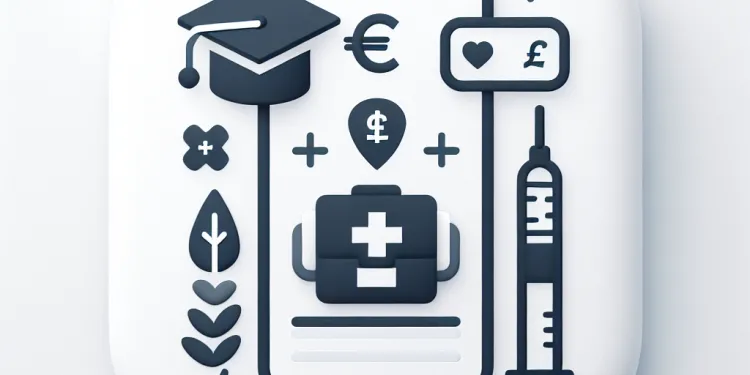
Can first aid courses be applied for college credit?
Relevance: 20%
-
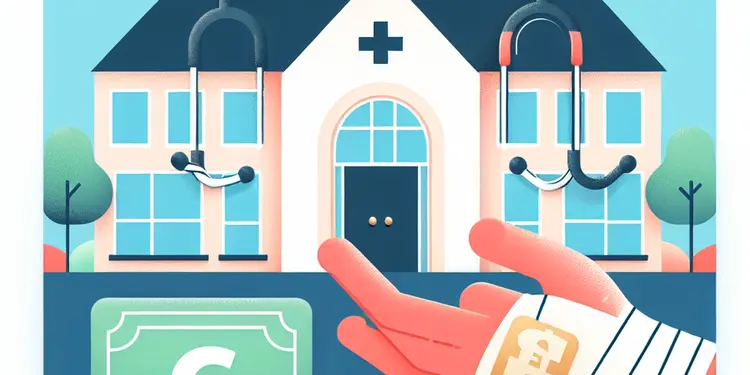
Do care homes provide medical care?
Relevance: 20%
-

What is the role of a healthcare assistant on the path to becoming a nurse?
Relevance: 19%
-
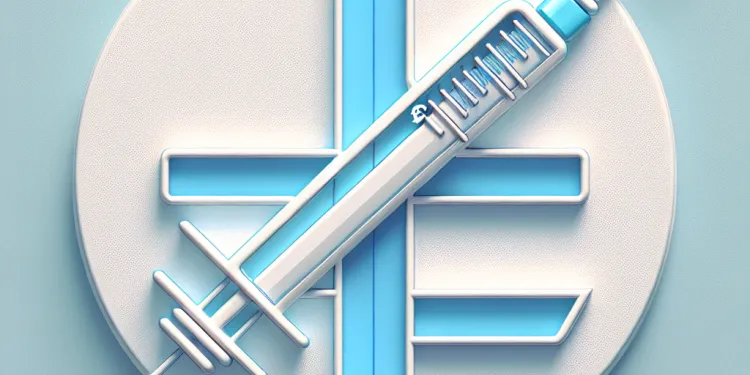
Who can administer Botox?
Relevance: 19%
-

What qualifications do I need to work for the National Trust?
Relevance: 19%
-

What are Care Homes?
Relevance: 16%
-
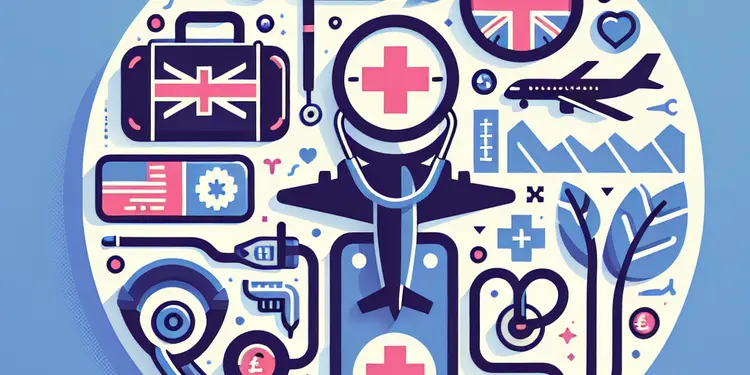
What qualifications should a provider of air physiotherapy have?
Relevance: 16%
Nursing Degrees in the UK
In the UK, nursing is a highly respected profession with various educational pathways to match the diverse roles nurses play. Understanding the types of nursing degrees available can help you choose the path that best suits your interests and career ambitions.
Bachelor of Science (BSc) in Nursing
The most common entry-level degree for aspiring nurses in the UK is the Bachelor of Science (BSc) in Nursing. This degree typically takes three years to complete and offers specialisations in adult nursing, children’s nursing, mental health nursing, and learning disability nursing. The BSc in Nursing provides a comprehensive foundation in both the theory and practical aspects of nursing, preparing graduates to register with the Nursing and Midwifery Council (NMC).
Nursing Associate Foundation Degree
A relatively new role within the UK, the Nursing Associate Foundation Degree takes approximately two years to complete. This programme is designed to bridge the gap between healthcare assistants and registered nurses, providing a more accessible entry point into the nursing profession. While it doesn't lead to registered nurse status, it can be a stepping stone to further qualifications.
Postgraduate Diplomas and Master’s Degrees
For those who already hold a degree in another field, postgraduate diplomas (PgDip) and Master’s degrees (MSc) in Nursing are available. These accelerated programmes generally take one to two years and are designed to build upon previous academic and professional experience. Postgraduate options allow for specialisation in a chosen field, such as advanced clinical practice, leadership, or education.
Doctorate in Nursing
A Doctorate in Nursing, such as a PhD or a Doctor of Nursing Practice (DNP), is aimed at those looking to reach the pinnacle of academic nursing theory, practice, or leadership roles. These programmes focus on research, advanced theoretical perspectives, or high-level clinical practice and are suited to individuals pursuing careers in academia or as specialist consultant nurses.
Continuing Professional Development (CPD) and Specialist Qualifications
Nurses in the UK also have access to a range of Continuing Professional Development (CPD) opportunities and specialist qualifications. These certifications do not generally involve full degree programmes but offer specialised knowledge and skills in areas such as palliative care, neonatal nursing, or surgical nursing. CPD courses are vital for career advancement and meeting revalidation requirements with the NMC.
Conclusion
The UK offers a structured and diverse range of nursing degrees, catering to different career aspirations, levels of previous education, and areas of specialisation. Whether starting out in the nursing field or seeking advanced expertise, there are numerous pathways to a rewarding career in nursing, each with its own unique benefits and challenges.
Nursing Degrees in the UK
In the UK, being a nurse is a job people respect a lot. There are different ways to become a nurse because there are many things nurses do. Knowing about the types of nursing degrees can help you pick what suits you best.
Bachelor of Science (BSc) in Nursing
Most people in the UK start their nurse training with a Bachelor of Science (BSc) in Nursing. It usually takes three years, and you can choose to focus on adult nursing, children’s nursing, mental health nursing, or learning disability nursing. It teaches you a lot about being a nurse and helps you get registered with the Nursing and Midwifery Council (NMC).
Nursing Associate Foundation Degree
The Nursing Associate Foundation Degree is new in the UK and takes about two years. It helps people who are healthcare assistants become more skilled and move closer to being a registered nurse. It's a good start if you want to learn more and maybe study further later.
Postgraduate Diplomas and Master’s Degrees
If you already have a different degree, you can take a postgraduate diploma (PgDip) or a Master’s degree (MSc) in Nursing. These are faster courses, taking one to two years. They help you use what you already know and focus on special areas like advanced nursing, leading teams, or teaching others.
Doctorate in Nursing
A Doctorate in Nursing, like a PhD or a Doctor of Nursing Practice (DNP), is for those who want to be top experts in nursing or lead in advanced jobs. These programs are about doing a lot of research or improving nursing practice and are for people who want to teach or be very top-level nurses.
Continuing Professional Development (CPD) and Specialist Qualifications
In the UK, nurses can also take Continuing Professional Development (CPD) courses and get special qualifications. These are not full degrees but teach important things like caring for very ill patients, helping newborns, or working in surgeries. CPD courses help nurses improve and keep their skills current for the NMC.
Conclusion
The UK has many nursing degrees for different career goals and education levels. Whether you're just starting in nursing or want to learn advanced skills, there are many paths to a fulfilling career in nursing, each with its challenges and rewards.
Frequently Asked Questions
What is an Associate Degree in Nursing (ADN)?
An ADN is a two-year program offered by community colleges that prepares students to become registered nurses (RNs).
What is a Bachelor of Science in Nursing (BSN)?
A BSN is a four-year degree program that provides comprehensive nursing education and prepares students for a career as a registered nurse.
What is a Master of Science in Nursing (MSN)?
An MSN is a graduate-level program for nurses who want to specialize in areas like nurse practitioner, nurse leadership, or education.
What is a Doctor of Nursing Practice (DNP)?
A DNP is a terminal degree in nursing practice focused on clinical practice-oriented leadership training.
What is a PhD in Nursing?
A PhD in Nursing is a research-focused doctoral program that prepares nurses for careers in academia, research, and advanced leadership.
What is a Licensed Practical Nurse (LPN) certificate?
An LPN certificate is a program that typically takes about a year to complete and prepares students to provide basic nursing care under the supervision of RNs and doctors.
What is an Accelerated BSN program?
An accelerated BSN program is designed for individuals who already have a bachelor's degree in another field and want to become registered nurses quickly.
What is a bridge program in nursing?
A bridge program is designed for nurses with an LPN or ADN to further their education and obtain a BSN or MSN.
What is the difference between a BSN and RN?
A BSN is an academic degree, while RN is a licensure designation. BSN holders are typically registered nurses (RNs) upon passing the NCLEX-RN exam.
What is a Clinical Nurse Leader (CNL) program?
A CNL program is a master’s degree program focusing on clinical leadership in acute care settings.
Can I pursue a nursing degree online?
Yes, many institutions offer online nursing degree programs, especially at the MSN and DNP levels, although clinical practice requirements must be completed in person.
What is a Nurse Practitioner (NP) program?
An NP program is an advanced practice nursing program that prepares nurses to provide primary or specialized care, typically at the MSN or DNP level.
What is a Clinical Nurse Specialist (CNS) program?
A CNS program prepares registered nurses for advanced practice roles focused on improving patient outcomes and nursing practice.
What is a Psychiatric-Mental Health Nurse Practitioner (PMHNP) program?
A PMHNP program prepares nurses to provide mental health services and care as advanced practice registered nurses.
What is a Nurse Anesthetist program?
A Nurse Anesthetist program, typically at the DNP level, prepares nurses to administer anesthesia and provide care before, during, and after surgical procedures.
What is a Nurse Midwife program?
A Nurse Midwife program prepares nurses to deliver babies and provide prenatal and postnatal care to women.
What is a Dual Degree Nursing Program?
A Dual Degree Nursing Program allows students to earn two nursing-related degrees simultaneously, such as MSN/MBA or MSN/MPH.
What is a Post-Master’s Certificate in Nursing?
A Post-Master’s Certificate is for nurses with an MSN looking to gain specialized skills or certification in areas like nurse education or specialization.
What is a Pediatric Nurse Practitioner (PNP) program?
A PNP program prepares advanced practice nurses to provide specialized care for infants, children, and adolescents.
What is the role of a Family Nurse Practitioner (FNP)?
An FNP is an advanced practice registered nurse who provides family-focused care across the lifespan, typically requiring an MSN or DNP.
What is an Associate Degree in Nursing?
An Associate Degree in Nursing, or ADN, is a type of college program. It helps people learn to be nurses. This program usually takes about two years to finish.
When you complete this program, you can work as a nurse. Nurses help doctors and take care of patients.
If reading is hard, you can use tools like audiobooks or ask someone to read with you.
An ADN is a program you can take for two years at a community college. It helps you learn to be a registered nurse, also known as an RN.
What is a Bachelor of Science in Nursing (BSN)?
A Bachelor of Science in Nursing, or BSN, is a type of degree. It helps you become a nurse.
Here are some things that can help you learn more:
- Look at pictures or videos about nurses.
- Use apps or websites that read words out loud.
- Ask someone to explain things to you.
This degree helps you take care of sick people and keep them healthy.
A BSN is a four-year school program. It teaches students all about nursing. After finishing, students can work as a nurse.
What is a Master of Science in Nursing (MSN)?
A Master of Science in Nursing (MSN) is a special school program for nurses. It helps them learn more about taking care of people. This can help them get better jobs.
If you want to know more, you can:
- Ask a teacher or a nurse
- Read a book about nursing
- Watch a video about nursing
An MSN is a school program for nurses. It helps them learn special skills, like being a nurse who can give medicines, lead a team of nurses, or teach other nurses.
What is a Doctor of Nursing Practice (DNP)?
A Doctor of Nursing Practice, or DNP, is a special degree for nurses. It helps them learn more and become leaders in nursing.
If you want to learn with this, you can:
- Look at simple books about nursing.
- Use videos to see how nurses work.
- Talk to a nurse to ask questions.
A DNP is a special degree for nurses. It helps them become leaders in nursing. It focuses on learning how to lead in practical, real-world nursing.
What is a PhD in Nursing?
A PhD in Nursing is a special school program. It helps nurses learn a lot. Nurses study very hard. They learn how to help people better. They also learn how to teach other nurses. A PhD is a big step. It takes many years to finish.
If reading is hard, you can ask someone to read with you. You can use voice tools that read text out loud. You can also look at pictures or videos to help you understand better.
A PhD in Nursing is a special program where nurses learn a lot about research. It helps them get ready for jobs in teaching, research, and leading in nursing.
Tools that can help you:
- Use simple dictionaries to understand hard words.
- Break down big tasks into smaller steps.
- Take breaks to help you focus better.
- Ask someone to explain things if you find them hard.
What is a Licensed Practical Nurse (LPN) certificate?
An LPN certificate lets you work as a nurse. With this certificate, you can help doctors and other nurses take care of people who are sick.
To get an LPN certificate, you go to a special school and learn about nursing. After school, you pass a test to show you know how to be a good nurse.
If you want more help with reading, you can use tools that read the text aloud to you. You can also find videos that explain things with pictures.
An LPN certificate is a program that usually takes one year. It helps you learn how to give basic nursing care while working with registered nurses (RNs) and doctors.
What is an Accelerated BSN program?
An Accelerated BSN program is a fast way to become a nurse if you already have a college degree in another subject.
Here is how it works:
- It is a special class for people who want to be nurses.
- BSN means Bachelor of Science in Nursing.
- "Accelerated" means you can finish quickly, often in 1 to 2 years instead of 4.
Here are some tips to help you understand and learn better:
- Ask questions if you do not understand something.
- Use pictures and videos to help you learn.
- Practice with a friend or family member.
- Take breaks and have a snack to keep your energy up.
A fast-track BSN program helps people who already have a college degree in something else and want to become nurses faster.
What is a bridge program in nursing?
A bridge program in nursing helps nurses learn more so they can get better jobs. It helps nurses who have some training get even more skills. This can help them move from being a nursing assistant to a registered nurse.
Supportive tools: You can ask a teacher for help. You can also use picture cards to remember things better.
A bridge program helps nurses learn more. It is for nurses who have an LPN or ADN. They can study to get a BSN or MSN.
What is the difference between a BSN and RN?
A BSN is a Bachelor of Science in Nursing. It is a four-year degree you can get at a college or university.
An RN is a Registered Nurse. RNs have passed a special test and can work as nurses.
Support Tools:
- Look at pictures or videos about nurses to help you understand.
- Talk to someone who knows about nursing, like a nurse or teacher.
A BSN is a type of school degree. RN is a type of job license. To become an RN, you usually need to pass a test called the NCLEX-RN. People with a BSN often become RNs after passing this test.
What is a Clinical Nurse Leader (CNL) program?
A Clinical Nurse Leader (CNL) program is a type of school or course. It helps teach nurses to be leaders. Nurses learn how to help patients better and work with doctors and other nurses. This program helps them take care of people in a smart way.
Tips to help understand:
- Break down the words and read them one at a time.
- Ask someone to read with you if it helps.
- Use a dictionary to look up words you don't know.
A CNL program is a master’s degree program. This program helps people become leaders in hospitals and clinics. It teaches them how to take care of patients in a hospital.
Can I study nursing online?
Yes, you can study nursing on the computer. You can listen to lessons and do quizzes online.
Here are some helpful tools and tips:
- Use headphones to help you focus.
- Take breaks so you don't get too tired.
- Ask for help if you don't understand something.
Yes, many schools have online nursing programs. You can get a MSN or DNP degree online. But, you must do practice work in person.
What is a Nurse Practitioner (NP) program?
A Nurse Practitioner (NP) program is a school course. It helps people learn to become special nurses. These nurses are called Nurse Practitioners. They can do more things than regular nurses. They can check patients, give medicine, and help in many ways.
If you're learning, it can help to use tools like:
- Pictures to remember things
- Simple charts or diagrams
- Audio books or videos
These tools can make learning easier and fun!
An NP program trains nurses to give special care to people. This program is for nurses who want to learn more and be able to do more. They usually study at a Master’s or Doctor’s level.
What is a Program for a Special Nurse Called a Clinical Nurse Specialist (CNS)?
A Program for a Clinical Nurse Specialist (CNS) teaches nurses extra skills. These nurses learn how to help patients in special ways. A CNS can be very good at taking care of people who are sick.
If you find reading hard, you can try using tools like audiobooks to listen to words instead of reading them. Asking someone to read with you can also help. You can also take your time and read slowly.
A CNS program helps nurses learn more skills. It trains them to be better at helping people get well and supports other nurses too.
What is a Psychiatric-Mental Health Nurse Practitioner (PMHNP) program?
A PMHNP program helps nurses learn to care for people with mental health needs.
Nurses in this program learn how to talk to and support people who feel very sad or worried.
They also learn how to help doctors with treatments for mental health.
If you find reading hard, try using audiobooks or reading apps to help you understand better.
A PMHNP program helps nurses learn how to care for people with mental health needs. It teaches them to be special nurses who can give advanced care.
What is a Nurse Anesthetist program?
A Nurse Anesthetist program is a school that teaches nurses how to help people sleep and feel no pain during surgery.
If reading is hard, try listening to the text or use apps that read aloud to you.
A Nurse Anesthetist program teaches nurses how to give medicine to make people sleep during surgeries. It also helps nurses learn to take care of patients before and after the surgery.
Some helpful tools for understanding this are:
- Using pictures to show what happens during surgery.
- Listening to someone explain the steps out loud.
- Watching a video about what nurses do in these programs.
What is a Nurse Midwife Program?
A Nurse Midwife Program is a special school for nurses. It teaches them how to take care of moms and their babies.
Here is how it helps:
- Nurses learn to help moms when they are having a baby.
- Nurses learn to take care of babies after they are born.
- Nurses learn to support moms and families.
If reading is hard, you can try:
- Listening to an audiobook.
- Using apps that read out loud.
- Asking someone to help you read.
A Nurse Midwife program teaches nurses how to help women when they have babies. Nurses also learn how to care for women before and after the baby is born.
What is a Dual Degree Nursing Program?
A dual degree nursing program lets you study two things. You can learn nursing and another subject at the same time. This helps you get two pieces of paper called "degrees." One degree is for nursing, and the other is for a different subject.
These programs often take a bit longer than regular nursing programs. But when you finish, you know more about different things. This can help you get different jobs.
If reading is hard, you can use tools that read out loud. Also, try reading with a friend or asking someone to explain new words. Remember, it is okay to ask questions!
A Dual Degree Nursing Program lets students get two nursing degrees at the same time. For example, you can earn a Master of Science in Nursing (MSN) and a Master of Business Administration (MBA), or a Master of Science in Nursing (MSN) and a Master of Public Health (MPH).
What is a Post-Master’s Certificate in Nursing?
A Post-Master’s Certificate in Nursing is a special paper you get after you finish a nursing master’s course. It means you learned extra skills in nursing.
This helps nurses get better at their job. They can learn to take care of different patients or do special nurse tasks.
If you find learning hard, you can:
- Ask someone to read with you.
- Watch videos about nursing.
- Use apps that help with reading.
A Post-Master’s Certificate is for nurses who already have a master’s degree. It helps them learn extra skills or get a special certificate in things like teaching other nurses or focusing on a specific area.
What is a Pediatric Nurse Practitioner (PNP) program?
A Pediatric Nurse Practitioner (PNP) program is a special school for nurses. In this school, they learn how to take care of children.
What happens in this program?
Nurses study to help doctors treat kids. They learn about kids' health needs. They learn how to talk to children and their families.
What tools can help?
- Pictures: Use pictures to understand health topics better.
- Videos: Watch videos about health to learn more easily.
- Simple words: Use simple words or ask someone to explain.
Pediatric Nurse Practitioners make sure children are healthy and happy. They are important in hospitals and clinics.
A PNP program helps nurses learn how to give special care to babies, children, and teenagers.
What does a Family Nurse Practitioner (FNP) do?
A Family Nurse Practitioner, called an FNP, is a special kind of nurse. They help take care of people when they are sick and help them stay healthy.
These are some things an FNP does:
- Check how healthy you are with exams.
- Help you if you feel sick.
- Give you medicine if you need it.
- Help you stay well with good advice.
- Work with doctors and other nurses.
FNPs can take care of everyone in the family, from babies to grandparents.
Supportive Tools:
- Use pictures to help understand each point.
- Ask someone to read with you.
- Use apps that read the text to you.
An FNP is a special nurse who takes care of people in families, from babies to grandparents. They need special training and school, like an MSN or DNP.
Useful Links
This website offers general information and is not a substitute for professional advice.
Always seek guidance from qualified professionals.
If you have any medical concerns or need urgent help, contact a healthcare professional or emergency services immediately.
Some of this content was generated with AI assistance. We’ve done our best to keep it accurate, helpful, and human-friendly.
- Ergsy carfully checks the information in the videos we provide here.
- Videos shown by Youtube after a video has completed, have NOT been reviewed by ERGSY.
- To view, click the arrow in centre of video.
- Most of the videos you find here will have subtitles and/or closed captions available.
- You may need to turn these on, and choose your preferred language.
- Go to the video you'd like to watch.
- If closed captions (CC) are available, settings will be visible on the bottom right of the video player.
- To turn on Captions, click settings .
- To turn off Captions, click settings again.
More Items From Ergsy search
-

What types of nursing degrees can I pursue?
Relevance: 100%
-

What is the process for applying to a nursing degree course?
Relevance: 95%
-

Can I become a nurse in the NHS with a nursing diploma?
Relevance: 72%
-

How can I become an NHS Nurse in the UK?
Relevance: 69%
-

What are the basic educational requirements to become an NHS nurse?
Relevance: 68%
-

How long does it take to become an NHS nurse?
Relevance: 68%
-

What GCSEs or A-Levels do I need to become a nurse?
Relevance: 63%
-

Is it possible to study nursing part-time?
Relevance: 59%
-

What funding options are available for nursing students in the UK?
Relevance: 58%
-

Are there any apprenticeship routes to becoming an NHS nurse?
Relevance: 58%
-

What are the career progression opportunities for NHS nurses?
Relevance: 53%
-

Is there a minimum age requirement to start nurse training?
Relevance: 53%
-

Can I become an NHS nurse if I have international nursing qualifications?
Relevance: 49%
-

Do I need to be registered with the Nursing and Midwifery Council (NMC) to work as an NHS nurse?
Relevance: 48%
-

The role of residential and nursing homes
Relevance: 47%
-

The role of residential & nursing homes
Relevance: 46%
-

What support systems are available to NHS nurses for continuing professional development?
Relevance: 46%
-

What skills are important for a career in nursing?
Relevance: 46%
-

How do I choose a good nursing home?
Relevance: 43%
-

How are care homes different from nursing homes?
Relevance: 43%
-

How important is work experience for entering a nursing program?
Relevance: 42%
-

Is live-in care an alternative to nursing homes?
Relevance: 40%
-

Will I still have access to doctors and nurses on a virtual ward?
Relevance: 38%
-

GP Nursing Most Common Medications UK.
Relevance: 35%
-

Can I specialize in a certain area of nursing with the NHS?
Relevance: 32%
-

How physically demanding is a career in NHS nursing?
Relevance: 31%
-

South London Arrhythmia Nurses Forum (16 June 2022)
Relevance: 28%
-

Can I attend open days to learn more about nursing programs in the UK?
Relevance: 27%
-

Are there different types of care homes?
Relevance: 26%
-

What qualifications do care home staff have?
Relevance: 24%
-

What qualifications does a chiropractor need?
Relevance: 23%
-

Are there academic courses for aspiring primary care support workers?
Relevance: 21%
-

How do I choose a good bursing home
Relevance: 20%
-

Can first aid courses be applied for college credit?
Relevance: 20%
-

Do care homes provide medical care?
Relevance: 20%
-

What is the role of a healthcare assistant on the path to becoming a nurse?
Relevance: 19%
-

Who can administer Botox?
Relevance: 19%
-

What qualifications do I need to work for the National Trust?
Relevance: 19%
-

What are Care Homes?
Relevance: 16%
-

What qualifications should a provider of air physiotherapy have?
Relevance: 16%


